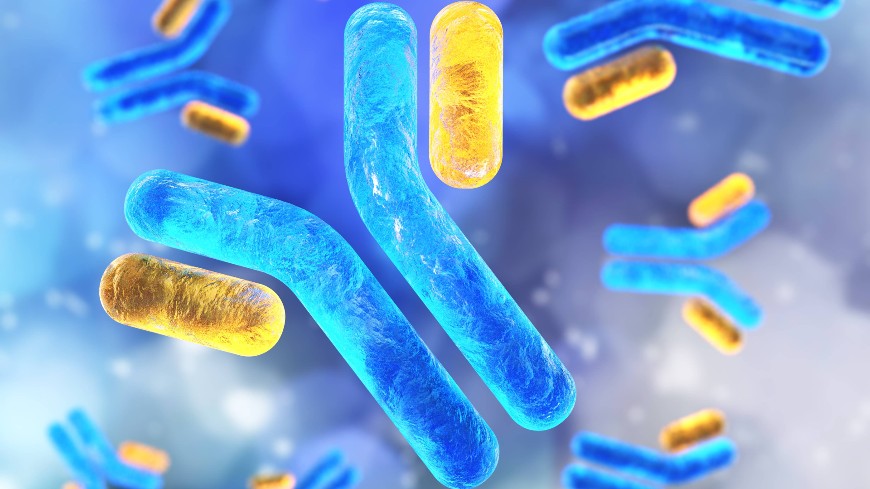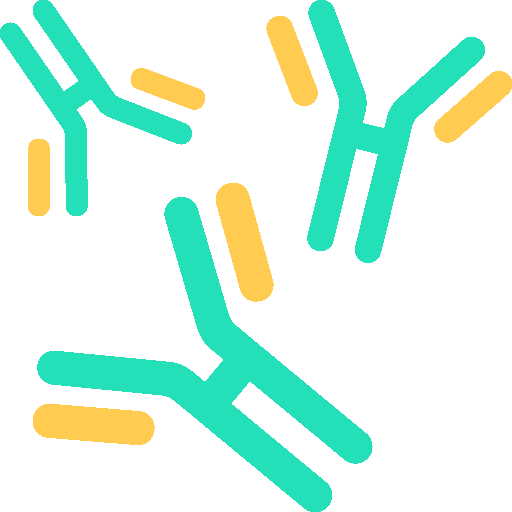Antibodies & Proteins
Antibodies and rProt (Recombinant Proteins) bioproduction yield is always a matter of numerous factors of a complex procedure.
Scaling up production presents its own difficulties and requires careful optimization of cell culture conditions. Besides the quantitative evaluation of cell lines (determined by cell density), the quality-determining factors of a host cell line should be defined and monitored (ex: glycosylation patterns).
Nowadays, cells are engineered to optimize bioproduction yield by increasing the duration of a fed-batch process in bioreactors


Example
Development of apoptosis-resistant cells lines by the suppression of pro-apoptotic factors or the inhibition of p53 tumor suppressor protein.
For the same biological phenomenon, translational capacities of cells are also improved by overexpressing chaperones to reduce the unfolded protein response to eliminate apoptosis event (as a result of cellular stress)
Given that cell engineering presents many challenges (expensive, time-consuming & presence of heterogeneity), it is essential to find an alternative method that is cost-effective and allows to understand the behavior of cell lines during the bioprocess and increase bioproduction performance.
GenSensor helps you track the performance of your cell line by monitoring the expression level of different genes that play a key role in antibodies and rProt bioproduction.
Together, we study the proliferation rate, apoptosis, and many biological phenomena throughout your bioprocess.
You will be able to optimize your cell culture performance and your bioprocess.
Publications portfolio
Kunert, R. & Reinhart, D. Advances in recombinant antibody manufacturing. Appl Microbiol Biotechnol 2016, 100: 3451 – 3461. doi: 10.1007/s00253-016-7388-9
Proteo blog by proteoGenix Antibody production: a complete guide – ProteoGenix
